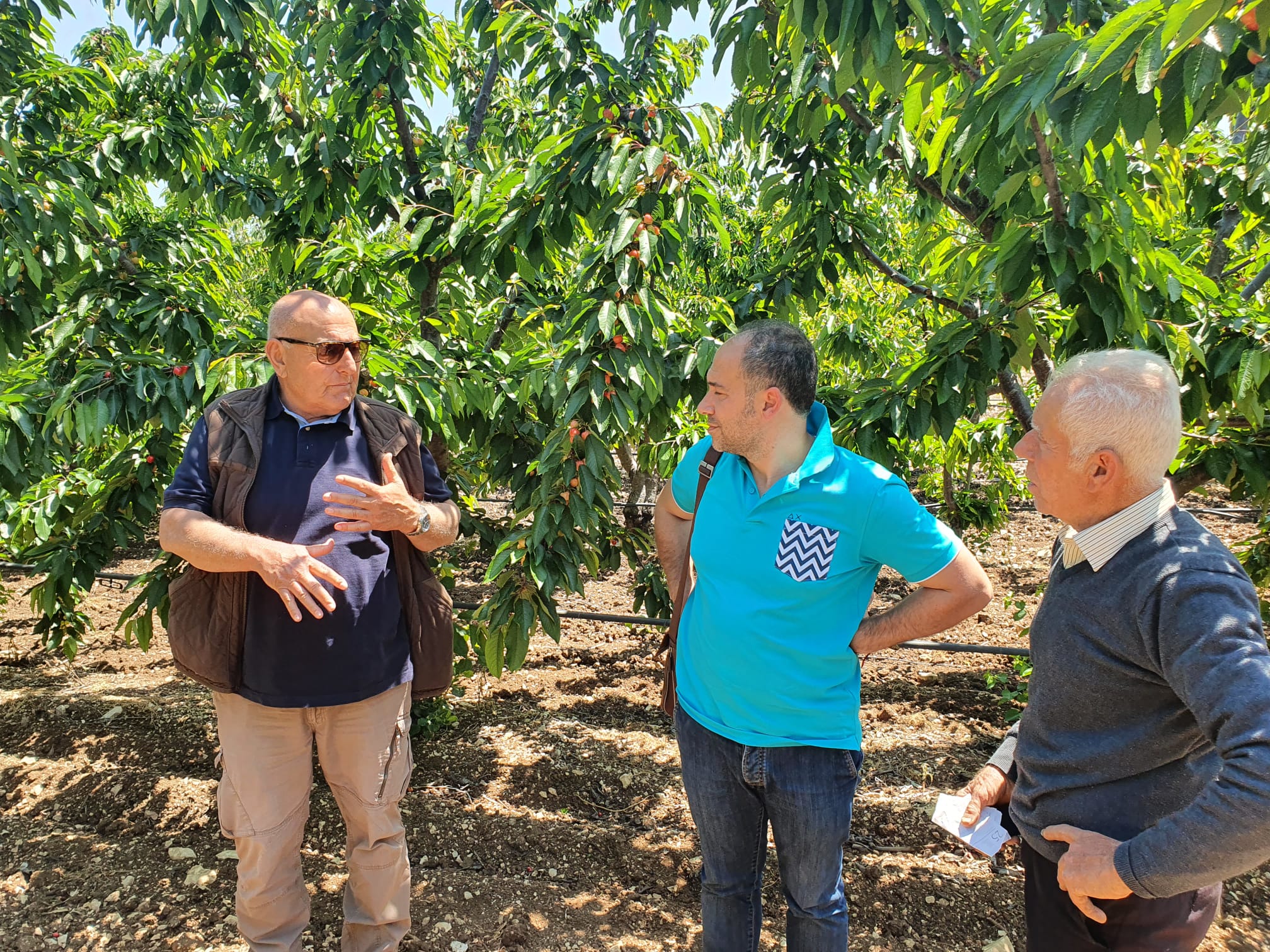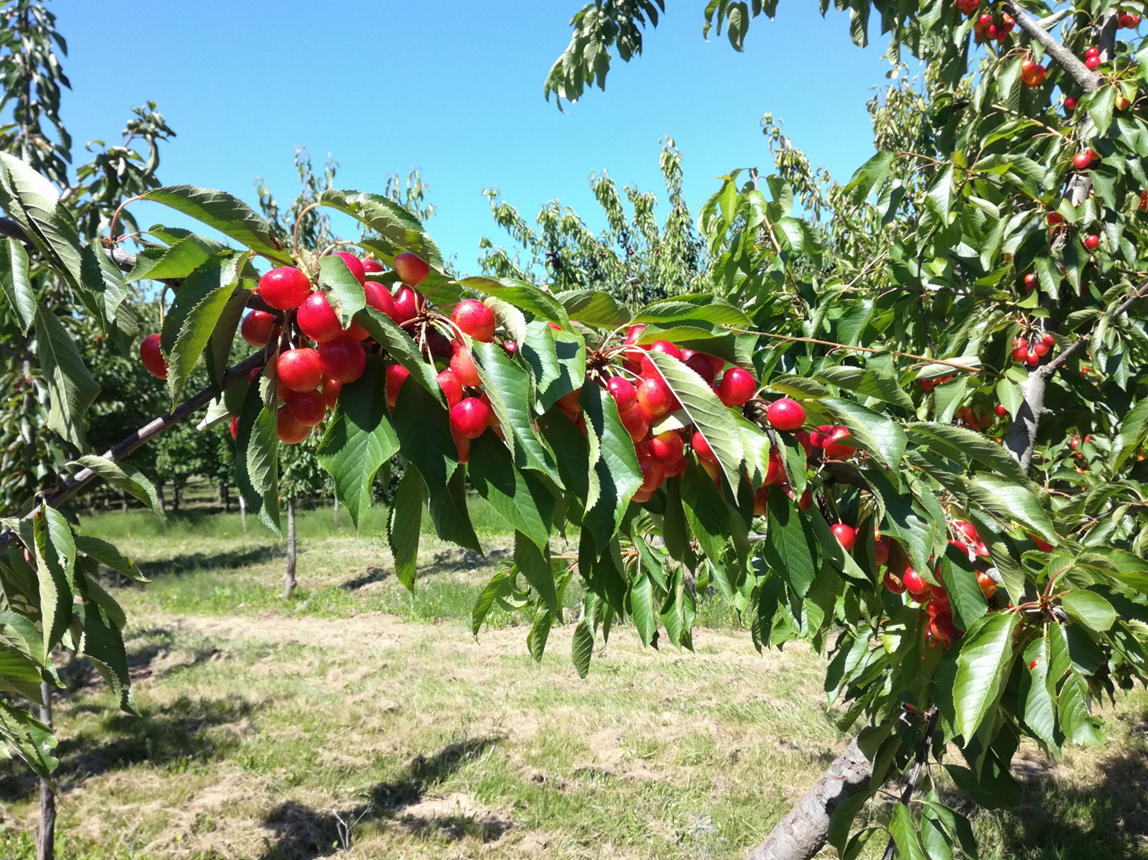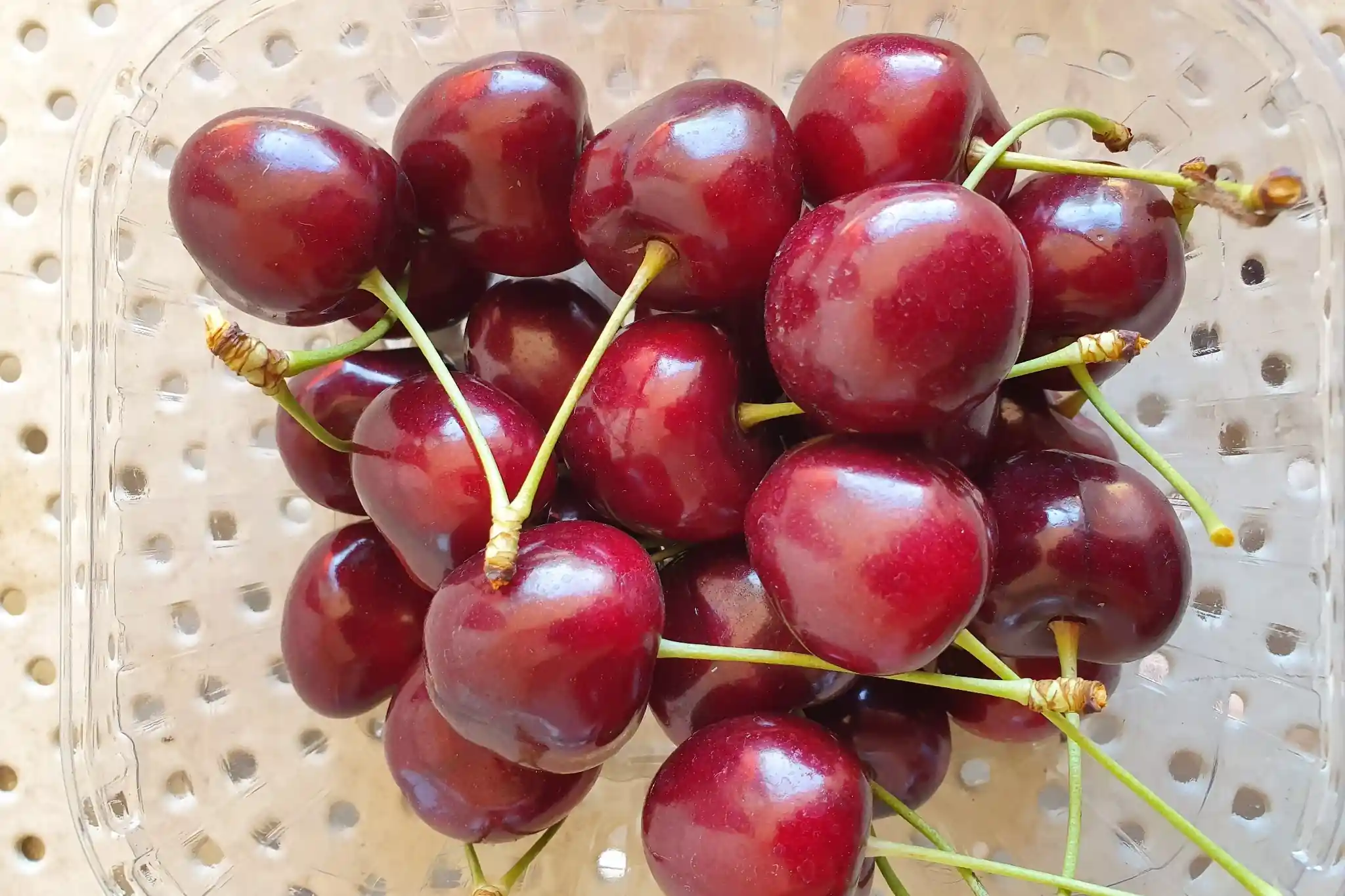The cultivation of sweet cherry in Apulia (Italy), a region historically devoted to fruit growing, is currently facing unprecedented challenges. The causes are multiple: climate change, the emergence of new pests, the reduction of technical resources for crop protection, and a shortage of labor.
These factors, combined with delays in adopting innovations and technologies, have created a climate of great uncertainty for local producers, who often question the economic sustainability of the sector. However, despite these difficulties, there is potential for a revival, which is tied to an integrated and innovative approach to cultivation.
A crucial aspect is the ability to produce high-quality fruit without being constantly threatened by extreme weather events or pest attacks. In the past, Apulia was a benchmark for quality cherry production, with consistent exports to international markets such as the United Kingdom.
In recent years, however, there has been a drastic decline in production: entire hectares have been abandoned or replaced with other crops due to a lack of profitability. This decline has been further exacerbated by the difficulties in protecting crops from new harmful organisms and an increasingly acute labor shortage, especially during the harvest period. This situation now threatens to cripple the entire sweet cherry supply chain in Apulia.
Local producers, aware of these critical issues, are making specific requests: the introduction of new sweet cherry varieties that mature earlier, public support for the construction of adequate protective structures, and the availability of more effective active molecules against recently introduced pests.

Commercial operators, on the other hand, are asking for an earlier marketing campaign to achieve better prices, to have varieties with high organoleptic qualities and a long shelf life, as well as complete fruit phytosanitary safety to meet international certification standards. However, the lack of coordination and aggregation among producers represents a significant obstacle to these requests, limiting their ability to respond effectively to the challenges of the global market.
Despite these difficulties, Apulia retains unique characteristics that make it an ideal territory for sweet cherry cultivation: the geographical location and climatic conditions offer numerous advantages for this species. However, to fully exploit this potential, precise agronomic management is essential.
The future prospects for sweet cherry cultivation in Apulia depend on a renewal that must involve the entire supply chain. The adoption of new varieties, the implementation of layouts that facilitate the use of covering systems, the use of decision support systems (DSS) to optimize fertilization and irrigation, as well as a more scientific approach to agronomic management, are fundamental steps to ensure the sector's competitiveness. The market demands high-quality fruits in terms of size, hardness, and durability, standards that can only be achieved with a deep understanding of the plant's physiology.
Although the 2024 season recorded a significant drop in production volumes, fruit quality remained high, indicating that with the adoption of appropriate measures, Apulia's sweet cherry industry can still compete internationally. The reputation of Apulia’s cherries, combined with targeted financial measures and a renewed entrepreneurial approach, could allow the region to maintain a leading role in the global cherry market.
Source: Catalano L., Triggiani L., Laghezza L. In Puglia il ciliegio è ancora una coltura sulla quale puntare. Rivista di Frutticoltura, 6, 2024, p. 44-47.
Image: SL Fruit Service
Andrea Giovannini
University of Bologna (IT)
Cherry Times - All rights reserved











